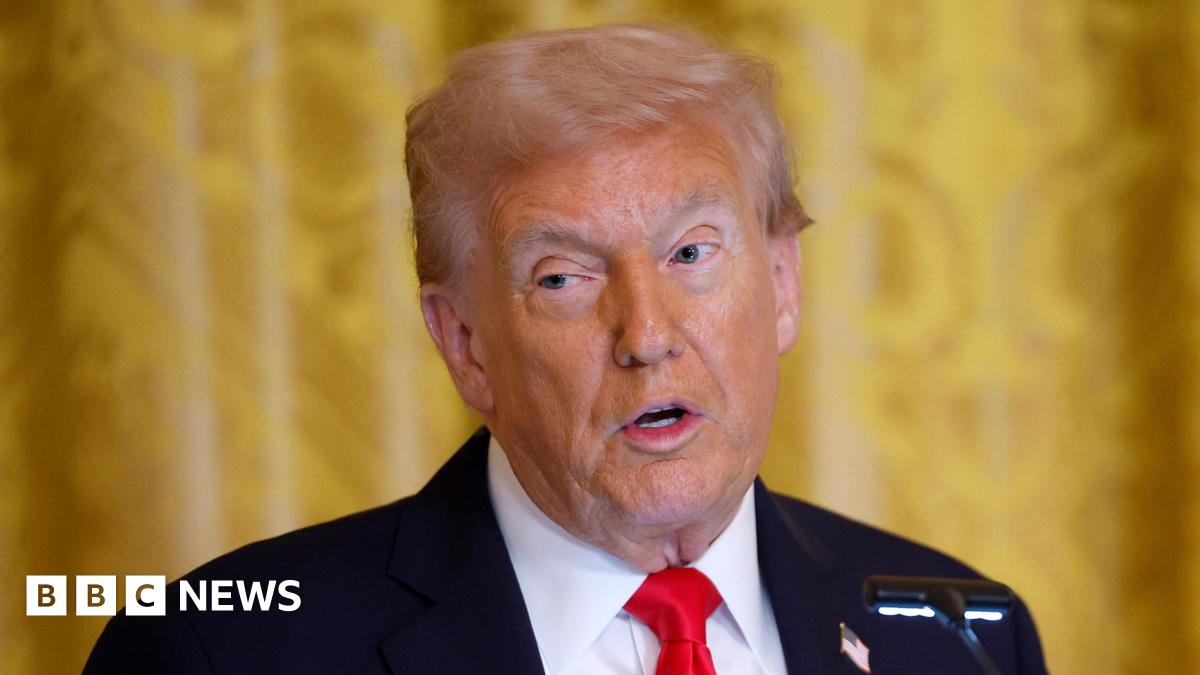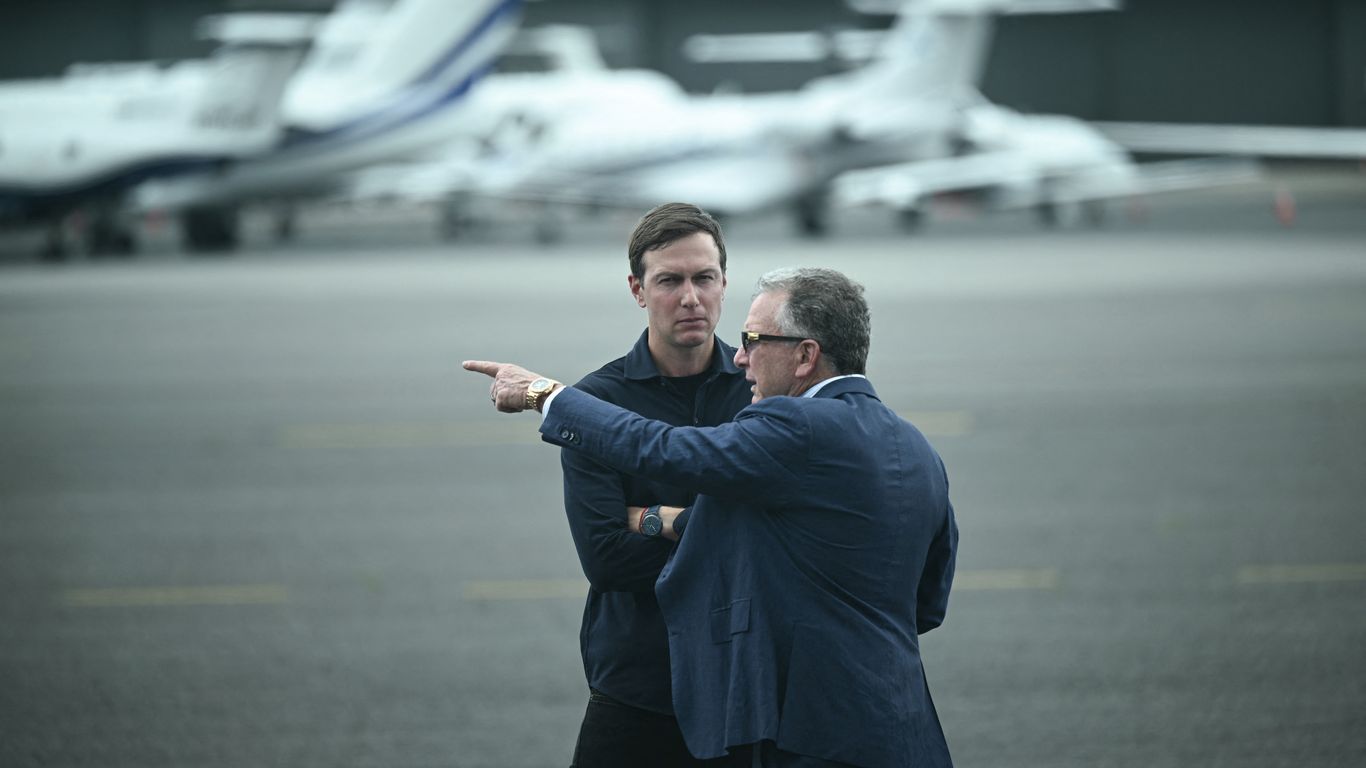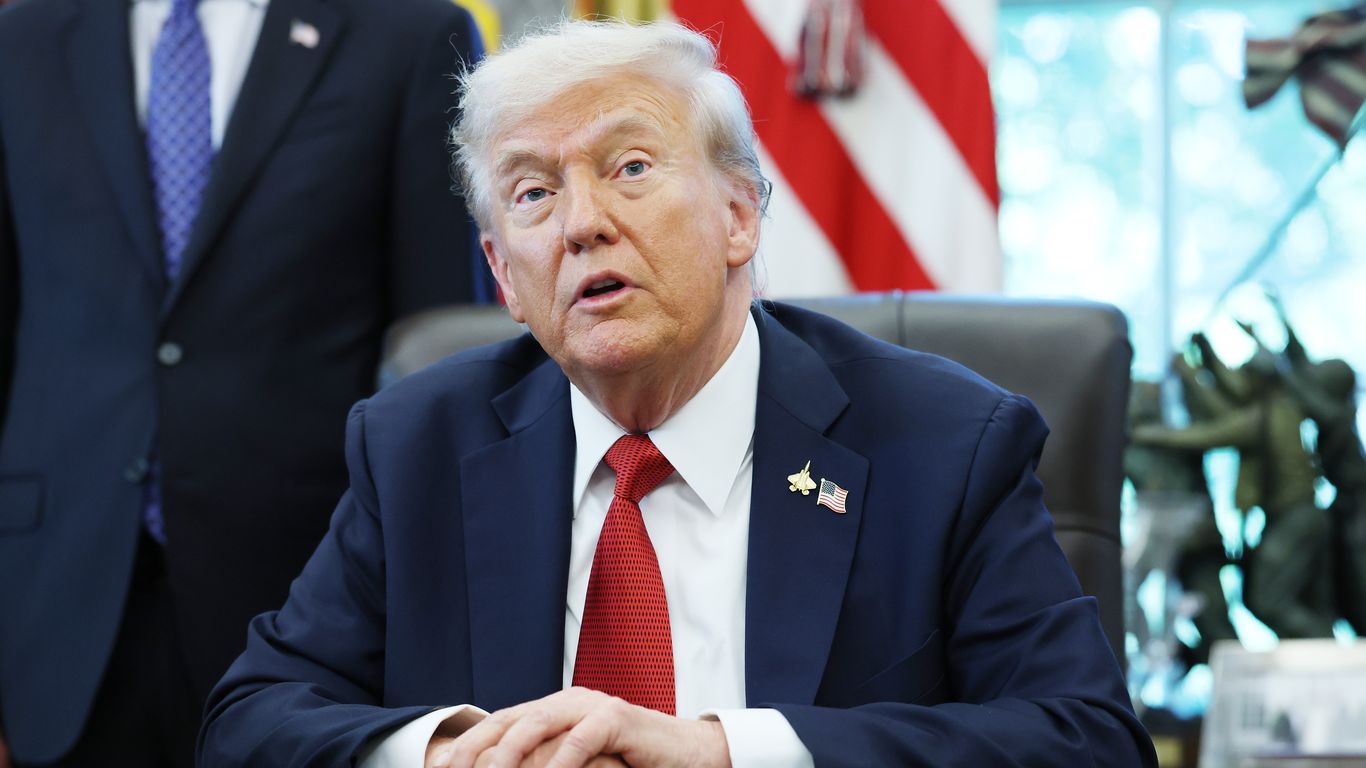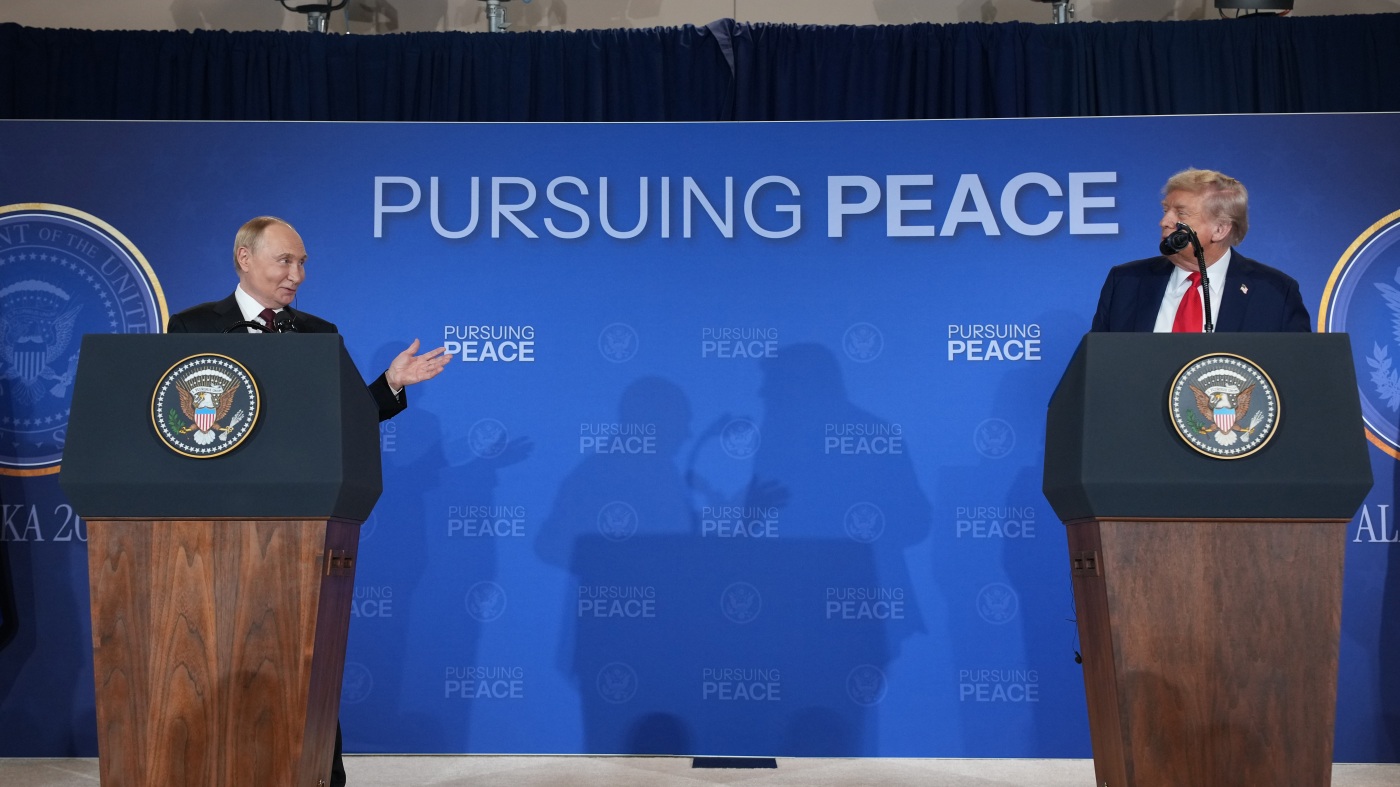Trump's Strategic Diplomatic Tour Across Asia

Trump’s Strategic Diplomatic Tour in Asia
President Donald Trump has embarked on a pivotal week-long diplomatic mission across Asia, with scheduled visits to Malaysia, Japan, and South Korea. This trip underscores the United States' intent to strengthen alliances and address critical regional issues. The itinerary includes high-profile meetings aimed at reinforcing economic ties and security partnerships amid evolving geopolitical challenges.
Key Meetings with Asian Leaders
Among the most anticipated moments is Trump’s meeting with Chinese President Xi Jinping, a dialogue closely monitored for its potential impact on U.S.-China relations. Discussions are expected to cover trade, security concerns, and regional stability, reflecting the complex dynamics shaping Asia-Pacific diplomacy. Additionally, engagements with Japanese and South Korean leaders will focus on enhancing cooperation on defense and economic initiatives.
Implications for Global Diplomacy
This diplomatic tour highlights America’s strategic priorities in Asia, aiming to balance rising regional powers while supporting longstanding partners. The outcomes of these encounters could influence global trade policies and security frameworks, emphasizing the importance of sustained dialogue in an increasingly interconnected world.
About the People Mentioned
Donald Trump
Donald John Trump, born June 14, 1946, in Queens, New York, is an American businessman, media personality, and politician. He graduated from the University of Pennsylvania’s Wharton School in 1968 with a degree in economics. In 1971, he took over his family’s real estate business, renaming it the Trump Organization, through which he expanded into building and managing skyscrapers, hotels, casinos, and golf courses. Trump gained widespread fame as the host of the reality TV show *The Apprentice* from 2004 to 2015, which helped establish his public persona as a successful entrepreneur. Trump entered politics as a Republican and was elected the 45th president of the United States, serving from 2017 to 2021. His presidency was marked by significant policy actions including tax cuts, deregulation, the appointment of three Supreme Court justices, renegotiation of trade agreements (notably replacing NAFTA with the USMCA), and a focus on immigration control including border wall expansion. He withdrew the U.S. from international agreements such as the Paris Climate Accord and the Iran nuclear deal, and engaged in a trade war with China. His administration’s response to the COVID-19 pandemic was criticized for downplaying the virus’s severity. Trump was impeached twice by the House of Representatives—first in 2019 for abuse of power and obstruction, and again in 2021 for incitement of insurrection—but was acquitted by the Senate both times. After losing the 2020 election to Joe Biden, Trump challenged the results, culminating in the January 6, 2021, Capitol riot. He remains a central figure in American politics, having won the 2024 presidential election and returned as the 47th president in 2025, continuing to promote policies aimed at economic growth, border security, and military strength[1][2][3][4].
Xi Jinping
Xi Jinping is a prominent Chinese politician born on June 15, 1953, in Fuping, Shaanxi Province. He is the son of Xi Zhongxun, a veteran of the Chinese Communist Party (CCP). During the Cultural Revolution, Xi was sent to rural Yanchuan County, Shaanxi, where he eventually joined the CCP in 1974. He studied chemical engineering at Tsinghua University as a worker-peasant-soldier student and later earned a Doctor of Law degree from the university through an in-service graduate program in Marxist theory and ideological and political education[1][5]. Xi rose through the ranks of the CCP, serving as governor of Fujian from 1999 to 2002 and then as governor and party secretary of Zhejiang from 2002 to 2007. He briefly served as the party secretary of Shanghai in 2007 before joining the Politburo Standing Committee the same year. In 2012, he became the general secretary of the CCP and chairman of the Central Military Commission, marking the beginning of his tenure as China's paramount leader. Since 2013, Xi has also held the position of President of the People's Republic of China[1][3]. Under Xi's leadership, China has made significant strides in reducing poverty and curbing corruption. He has been praised for his efforts in these areas, which were highlighted in a historical resolution passed by the CCP in 2021[3]. Recent developments include Xi's re-election to a third term as general secretary of the CCP in October 2022 and his third term as president of China in March 2023, following constitutional changes that removed term limits for the presidency[3]. Xi's influence has been further solidified by the composition of the 20th Politburo Standing Committee, which consists of his loyalists[3].














